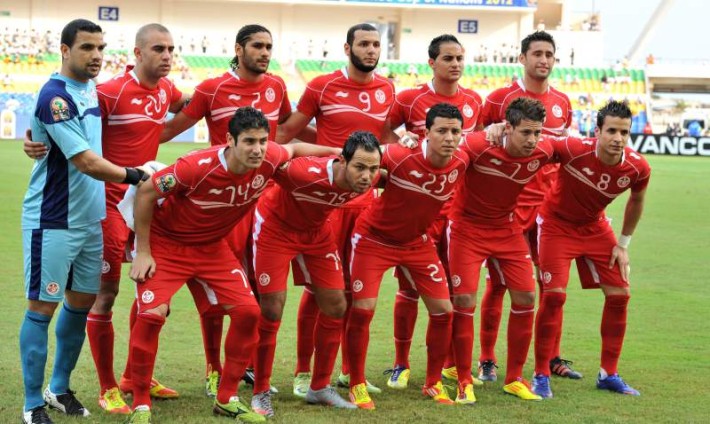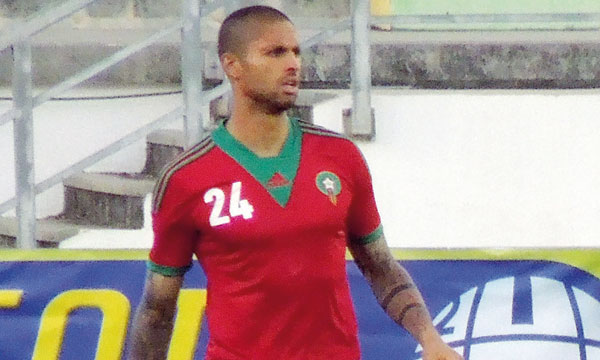AFCON Fallout: Tunisia Refuses to Apologise as Standoff with CAF Escalates
By BBC Sport Africa
The standoff between the Tunisian Football Federation (FTF) and the Confederation of African Football (CAF) has intensified, as Tunisia has officially refused to issue an apology over its protests following a controversial quarter-final defeat at the 2015 Africa Cup of Nations.
The dispute stems from Tunisia’s 2-1 loss to host nation Equatorial Guinea, a match widely criticised for questionable officiating by referee Rajindraparsad Seechurn. Tunisia’s players and officials were incensed by a late penalty decision that allowed the hosts to equalise and eventually win in extra time—a result labelled by many as a scandal.
In the aftermath, the FTF accused CAF of corruption and poor governance, prompting the African football body to demand a formal apology by midnight on February 5. However, following a meeting on February 4, the Tunisian federation made its position clear: there would be no apology.
CAF’s Dilemma: Empty Threat or Harsh Sanction?
CAF now finds itself in a delicate position. In response to Tunisia’s allegations and refusal to back down, the governing body previously warned that Tunisia could be banned from participating in the next Africa Cup of Nations in 2017 if it failed to apologise.
With the deadline now passed, all eyes are on CAF president Issa Hayatou and his executive committee to see whether they will act on that threat. Sanctioning Tunisia—one of Africa’s most prominent footballing nations—would be a bold and controversial move, particularly given the widespread perception that the team was unfairly treated.
Should CAF opt for leniency, it risks appearing weak and undermining its authority. On the other hand, enforcing a ban would further inflame tensions and provoke backlash from both the Tunisian public and broader football community.
A Test for African Football Governance
The escalating row highlights long-standing concerns about transparency and accountability within CAF. The fallout from the Tunisia-Equatorial Guinea match has already prompted fierce debate about refereeing standards and the federation’s handling of disciplinary matters.
Referee Seechurn Rajindraparsad was subsequently suspended by CAF, a move that many saw as an implicit acknowledgment of officiating errors. But for Tunisia, that measure fell short of justice, especially in a tournament where a place in the semi-finals was at stake.
What Comes Next?
For now, Tunisia’s position is clear: it will not apologise for defending what it believes was a gross injustice. CAF, meanwhile, must now choose whether to stand by its disciplinary threats or seek a path of reconciliation.
Whatever decision follows, the outcome of this conflict may set a precedent for how African football’s governing body responds to dissent—and how much room it allows for legitimate criticism within its ranks.
CAF is expected to issue an official response in the coming days regarding Tunisia’s refusal to comply with its request.











